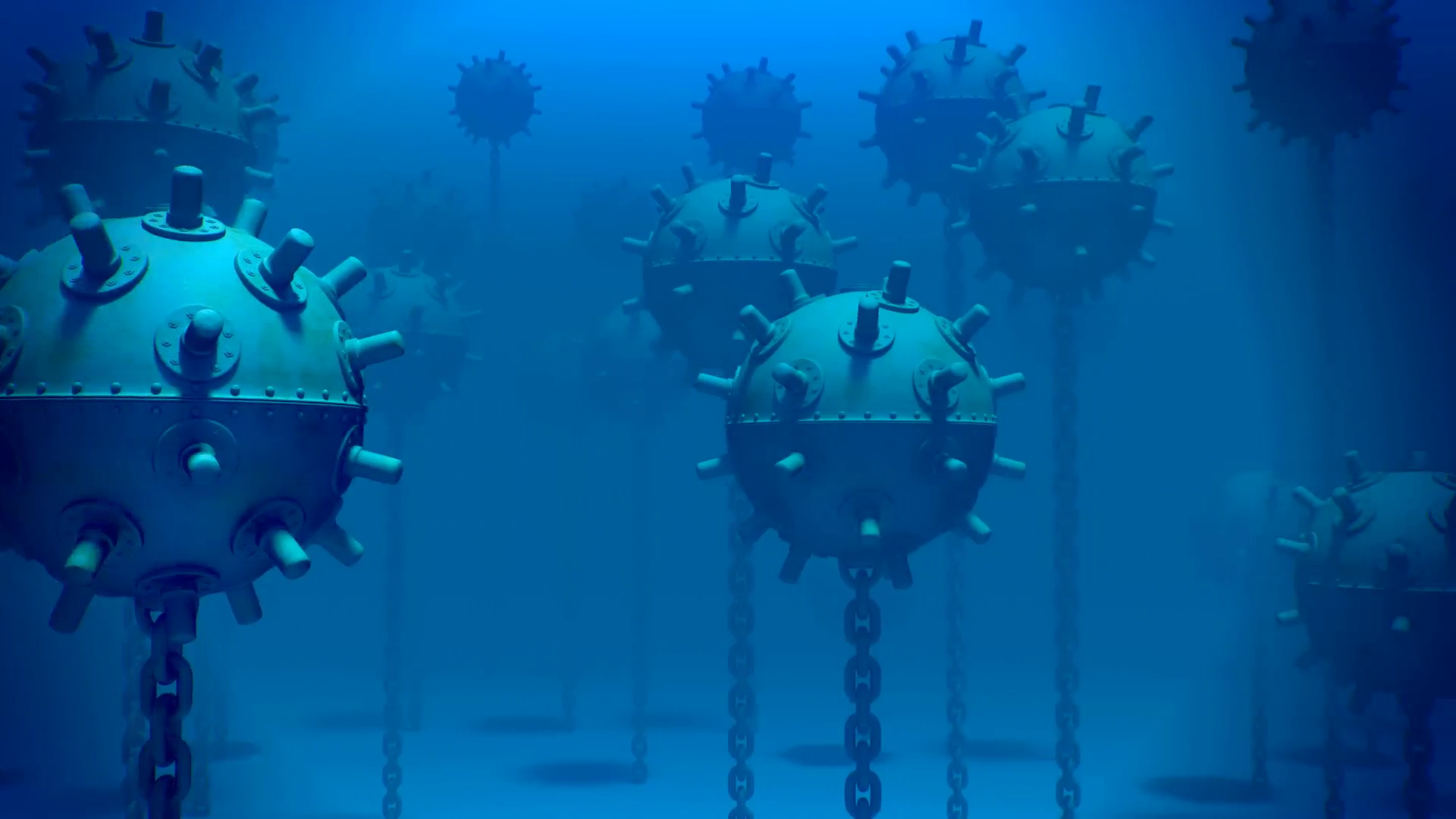It is vital that alongside expensive amphibious assault ships a navy invests in mine warfare equipment and training, otherwise, the procurement of an amphibious capability will have been in vain. Naval mines are not going anywhere soon...nor will amphibious operations if they lack the ability to deal with sea mines.
Military Incidents: Not the Edge of the Abyss
Recent provocations concerning Iran and North Korea raise concerns about the U.S. fighting another war. The U.S. Navy’s history with challenging Iranian actions in the Strait of Hormuz and the perceived escalation of North Korean provocations via ballistic missile development conjure thoughts of a third world war. Yet history offers lessons on the U.S. responding to foreign aggression far away from America’s territorial borders.
Unending Military Engagement: The Price of American Hegemony
The 1991 Persian Gulf War offers a recent, and often misunderstood, example of how a decisive victory resulted not in peaceful disengagement, but rather an ongoing commitment of manageable intensity...Similar to British maintenance of maritime commercial lanes at the height of its imperial influence, America’s subsequent projection of modest ground, naval, and aerial forces throughout the region, and in northern and southern Iraq in particular, throughout the 1990s represent an underappreciated, but largely cost-effective, application of national resources to preserve acceptable levels of economic and political stability.
#Reviewing Success and Failure in Limited War
In the Information Institution Approach, Bakich gives critical importance to whether or not key decision makers have access to multi-sourced information and whether the information institutions themselves have the ability to communicate laterally. When information is multi-sourced and there is good coordination across the diplomatic and military lines of effort, Bakich predicts success. When information is stove piped and there is poor coordination, he predicts failure. Where the systems are moderately truncated, Bakich expects various degrees of failure depending on the scope and location within the state’s information institutions.





